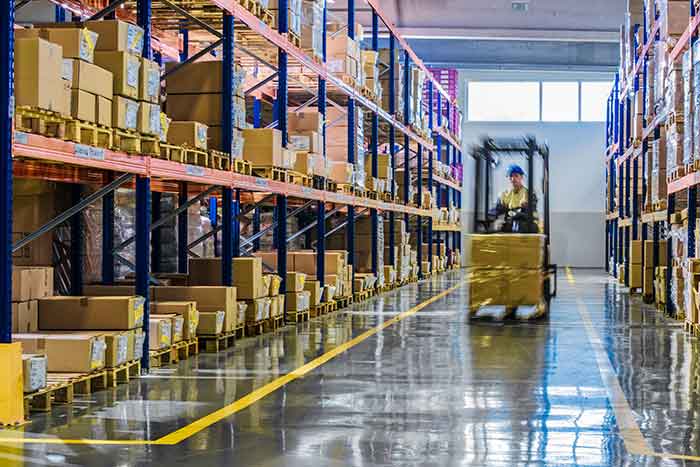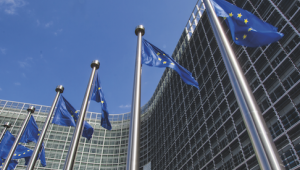The European Commission, which unveiled its proposals yesterday, said a substantial portion of 150 million small parcels sent to EU online customers every year are undervalued or mismarked to fraudulently benefit from a VAT exemption for items worth less than €22.
It hopes that by removing this exemption, with plans to do so completely by 2021, it can help member states recoup the estimated €5bn worth of VAT lost on online sales every year. The proposals also work to simplify the system, which the commission hopes will further reduce opportunities for fraud.
The most recent estimates suggest that 65% of parcels purchased online and coming into the EU from non-EU countries are not compliant with EU VAT rules.
The commission said that this figure is only set to grow – with lost revenues likely to reach €7bn by 2020 – and that it is therefore “essential” to act now.
The current rules also put EU businesses, which do not benefit from the exemption, at a disadvantage as their non-EU peers are able to undercut them with low or no VAT rates and fraudulently do the same for other items, such as high-value smart phones and tablets.
Many import firms are aware that customs officers are overwhelmed by the deluge of small parcels coming in to the bloc and unable to complete proper checks.
As well as removing the exemption, non-EU sellers would join their EU counterparts in registering for a EU-wide online VAT portal, currently only operational for services, where VAT liabilities will be dealt with for every member state and for overall sales, rather than for each individual item, in one go every quarter.
They will be asked to supply information on their consignments in advance and keep records of supplies so that tax assessments can be completed.
Non-EU sellers will also be asked to identify EU intermediaries, such as a courier service or customs agent, who will also report on their VAT liabilities to help ensure compliance.
The commission said the increase in price for small items from outside the EU for consumers will be cancelled out by the decrease gained from more competition and fewer administrative burdens.
Any sellers that abuse the scheme will be excluded and have to return to making customs declarations for each individual parcel, increasing their costs and making importing to the EU more complicated.
The Federation of European Accountants (FEE) told Public Finance International that it welcomes the proposals, although they will add to the administrative burden suffered by national postal services and custom departments in particular.
However it agreed that the exemption has been abused, and its removal will "remove a market distortion for EU businesses who have been forced to compete" against suppliers who have been able to both legally and illegally avoid paying VAT.
For EU sellers, the commission said the online “VAT One Stop Shop”, which will be hosted by their own tax administration in their own language, will bring down the substantial cost of complying with the VAT rules of every member state.
EU companies that sell goods online currently pay around €8,000 in compliance costs for every EU country in which they sell – a heavy burden for small- to medium-sized enterprises, start ups and micro-businesses especially.
Smaller businesses will also benefit from the introduction of a yearly VAT threshold of €10,000, under which cross-border sales will be treated as domestic for VAT purposes, with the levy paid to their own administration.
Separately, the commission has also removed the requirement for digital publications such as e-books and online newspapers to be taxed at a standard VAT rate. This opens the possibility for member states to bring the VAT levy in line with that of their paper counterparts, which are often subject to low or no VAT.
Pierre Moscovici, commissioner for economic affairs, taxation and customs, said that the commission is making life simpler for online businesses operating in the EU.
“[The proposals] mean less time wasted, less red tape, and fewer costs,” he said, while “European governments stand to gain an additional €100m a week to spend on services for their citizens”.
This is a "welcomed simplification that may help reduce red tape for businesses", agreed the FEE. "This is utterly essential if SMEs are to cope with the possible change to the destination principle of accounting for VAT on goods, which we expect to be proposed next year."














